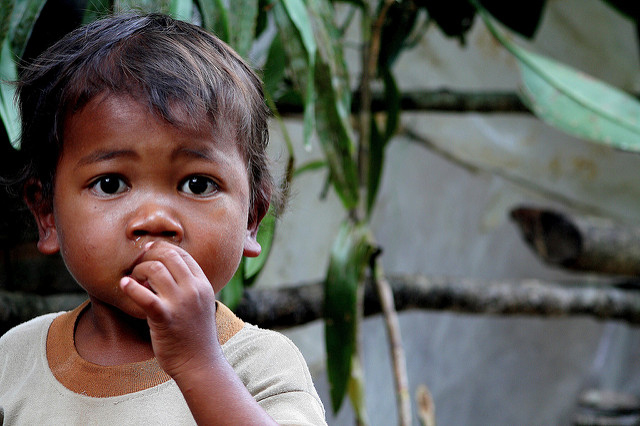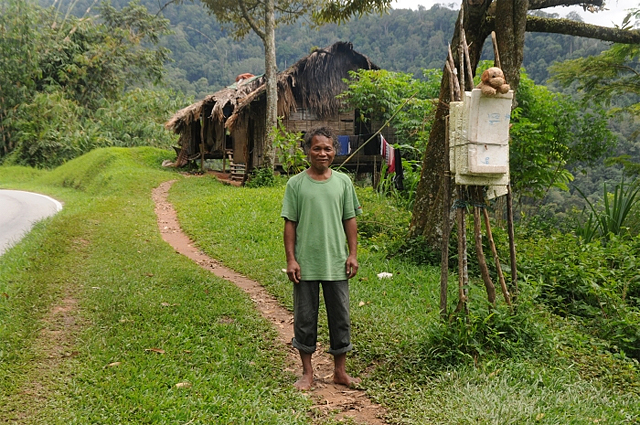A group of 86 students from a pharmaceutical technology program recently visited three different Orang Asli communities in Tapah, Perak state, Malaysia. The communities consist mostly of Temiar and Semai people. According to a news report last week, the government of Perak state in Malaysia plus the Royal College of Medicine of the University of Kuala Lumpur sponsored the visit.

The purpose of the visit was to develop a better understanding of the lifestyles and cultures of the villages—Kampung Batu 5, Kampung Sg Chedun and Kampung Sungai Odak. The project manager, Nur Izzat Nazmi Ismail, said that the visits represented the first time many of the students had gotten to meet any Orang Asli people. The Tok Batin, the chief, from each village gave a welcoming speech to the students. The students were impressed that the villages were equipped with clinics, libraries, and multipurpose halls. The three villages were well-maintained and clean.
Pavitra Ramanaidu, one of the students, admitted she had been nervous about the impending visit since she had been raised in the city and didn’t know what to expect. She was surprised that the Orang Asli lived in houses much like city people do. She said, “I thought they still lived in remote places and hardly met people and still hunted for food.”

Ibrahim Ahmad, a lecturer in general studies, said that the visit to the three Orang Asli villages in Tapah was meaningful for the students. He said that they were able to interact with the villagers “and observe the lifestyle and culture of the Semai tribe.” He was grateful that the Department of Orang Asli Development had made the arrangements for the meetings at the three villages. A different Malaysian news source quoted the lecturer as saying the students at the college are excited to learn about the history and lives of the Orang Asli.
In the words of a Google translation, he said, “This program has … changed the perceptions of students who previously thought the Orang Asli community was still backward.”